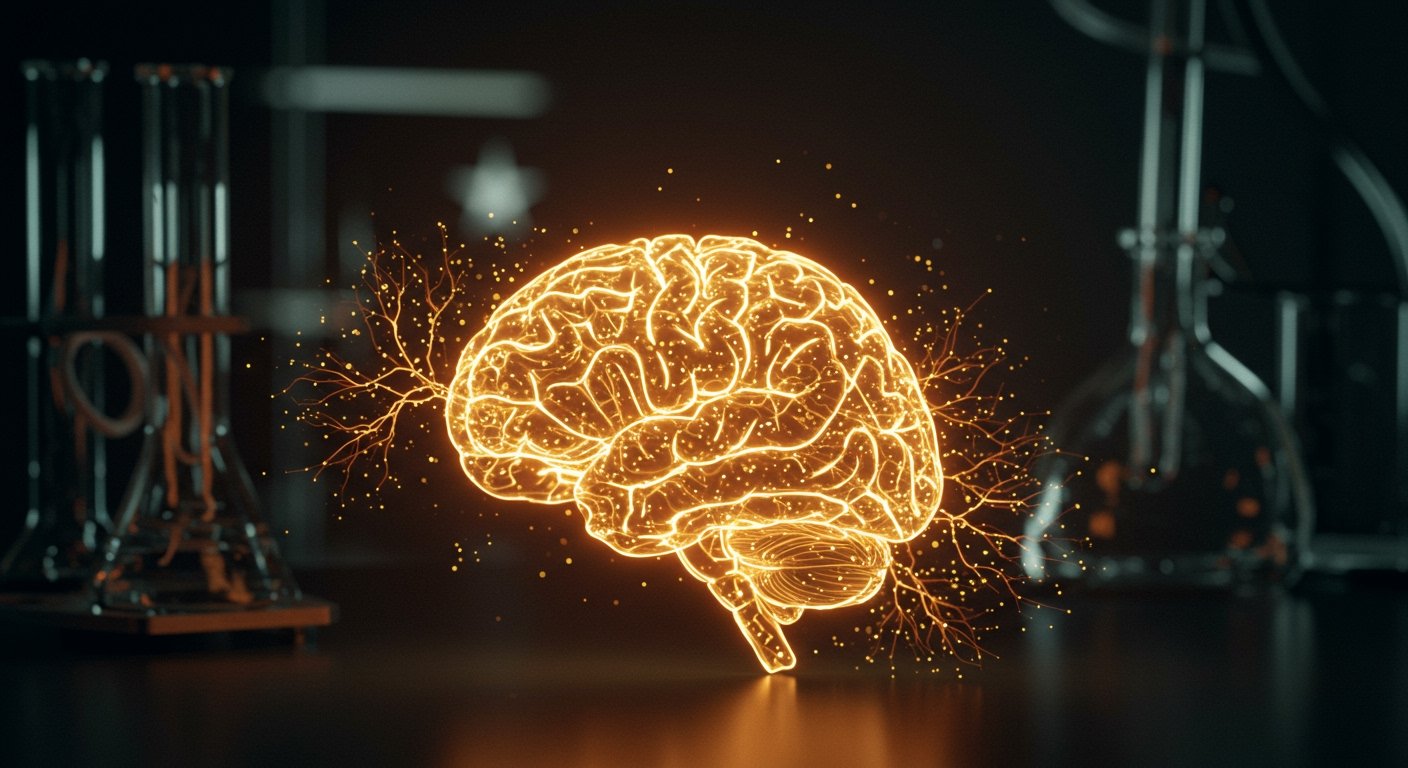AUSTIN, Texas – In a significant move poised to position Texas at the forefront of emerging therapeutic research, Governor Greg Abbott signed Senate Bill 2308 into law on June 11, 2023, designating a substantial $50 million investment towards exploring the potential of psychedelic compounds.
The legislation earmarks these funds specifically for research into the therapeutic applications of psychedelics, with an initial focus on ibogaine, a naturally occurring psychoactive substance. The research is intended to investigate the efficacy of ibogaine in treating complex conditions such as addiction, traumatic brain injuries (TBI), and post-traumatic stress (PTSD).
State Mandate and Consortium Formation
Under the provisions of Senate Bill 2308, the Texas Health and Human Services Commission (HHSC) has been tasked with a critical role: selecting and overseeing a consortium responsible for conducting this pioneering research. This consortium is mandated to comprise three key entities to ensure a robust, multi-faceted approach.
The required members of the research consortium include a state university, which will likely provide the academic rigor and research infrastructure; a drug developer, essential for navigating the complex path from research findings to potential therapeutic treatments; and a hospital, ensuring clinical relevance and potential avenues for patient trials and application.
This structure is designed to bridge the gap between fundamental scientific inquiry and practical medical application, leveraging the strengths of academic research, private sector drug development expertise, and clinical healthcare delivery.
The Focus on Ibogaine
The decision to specifically target ibogaine marks a notable step. Ibogaine, derived from the roots of the Tabernanthe iboga plant native to Central Africa, has long been explored in various contexts for its potential anti-addictive properties. Proponents suggest that ibogaine can interrupt addiction cycles by interacting with multiple neurotransmitter systems and potentially facilitating introspection and psychological processing. The Texas-funded research will delve deeper into these mechanisms and evaluate its clinical effectiveness, particularly concerning opioid and other substance use disorders.
Beyond addiction, the bill also mandates research into ibogaine’s potential in treating traumatic brain injuries and post-traumatic stress. TBI affects millions annually, often leading to persistent cognitive and psychological issues. PTSD is a debilitating condition affecting veterans, first responders, and civilians exposed to trauma. The inclusion of these conditions underscores a broader interest in how psychedelic compounds might impact neurological function and psychological healing processes.
Scientific interest in psychedelics for therapeutic purposes has seen a global resurgence in recent years, following decades of restricted research. Compounds like psilocybin and MDMA are being studied for depression, anxiety, and PTSD, showing promising results in clinical trials. Texas’s investment in ibogaine research aligns with this broader trend but focuses on a compound less extensively studied in mainstream Western clinical settings compared to psilocybin or MDMA, potentially opening new avenues of understanding and treatment.
Significance of the $50 Million Investment
The $50 million allocation represents a significant commitment from the state of Texas to the field of psychedelic science. This level of funding is substantial and suggests a serious intent to explore the potential therapeutic benefits of these compounds rigorously and scientifically. It provides the necessary resources for the selected consortium to conduct comprehensive studies, including preclinical research, clinical trials, and potentially the establishment of necessary infrastructure.
Supporters of the bill and the research initiative argue that the potential societal benefits, particularly in addressing the ongoing addiction crisis and the mental health challenges faced by veterans and trauma survivors, far outweigh the investment. By funding this research, Texas is taking a proactive stance in seeking innovative solutions to pressing public health issues.
The selection process by the Texas Health and Human Services Commission will be crucial in determining the trajectory of this research. The commission will need to identify partners capable of adhering to rigorous scientific standards, ethical considerations inherent in psychedelic research, and regulatory requirements. The collaboration between a state university, a drug developer, and a hospital aims to create a pipeline from discovery to potential clinical application, a model that could accelerate the translation of research findings into tangible treatments.
Looking Ahead
The signing of Senate Bill 2308 and the allocation of $50 million mark a pivotal moment for psychedelic research in Texas and potentially the nation. It signals a governmental recognition of the potential medical value of these compounds and provides the financial backing necessary to conduct high-quality investigations.
As the Texas Health and Human Services Commission moves forward with selecting the research consortium, the scientific community, patient advocacy groups, and the public will be watching closely. The outcomes of this research could not only provide new treatment options for challenging conditions but also contribute significantly to the growing body of knowledge surrounding the therapeutic potential of psychedelics.
The $50 million investment is more than just funding; it represents hope for those struggling with addiction, traumatic brain injuries, and post-traumatic stress, offering the prospect of innovative, evidence-based therapies emerging from research conducted right here in Texas.






